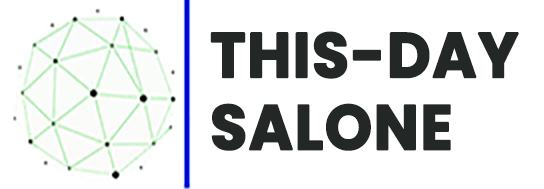The Ministry of Basic and Senior Secondary Education (MBSSE) has introduced the National Identification Number (NIN) as a prerequisite for candidates to enter the West Africa Senior Secondary Certificate Examination (WASSCE) in order to reduce malpractice and also reduce government spending on examination fees.
The Minister of Basic and Senior Secondary Education Dr. Moinina David Sengeh made this disclosure recently after announcing the 2021/2022 Academic Year WASSCE result.
He said the government is only paying WASSCE fees for candidates twice, and the candidates must be attending government or government-assisted schools.
“We are aware that there are workers who are going in for the government WASSCE and that should not be the case. Some of them are even paying money to the school authorities to take the examination at their schools. If you are not attending school, you should register for the private WASSCE and pay for yourself,” he said.
He said MBSSE has started engagement with National Civil Registration Authority to ensure that candidates going for the WASSCE include their NIN in their entry process, adding that this will also apply to pupils going in for the National Primary School Examination (NPSE) and Basic Examination Certificate Examination (BECE).
He said this will stop parents or guardians from removing their children from class 5 or class to attempt the examination, with the government spending a lot of money on examination fees.
According to the Minister, there are some students also whose results were withheld because they took the 2021/2022 Academic year WASSCE when they were in Senior Secondary School 1 or 2, noting that this is something that the Ministry tries to discourage and where this is obvious they find out that there are candidates who want to cheat the system.



